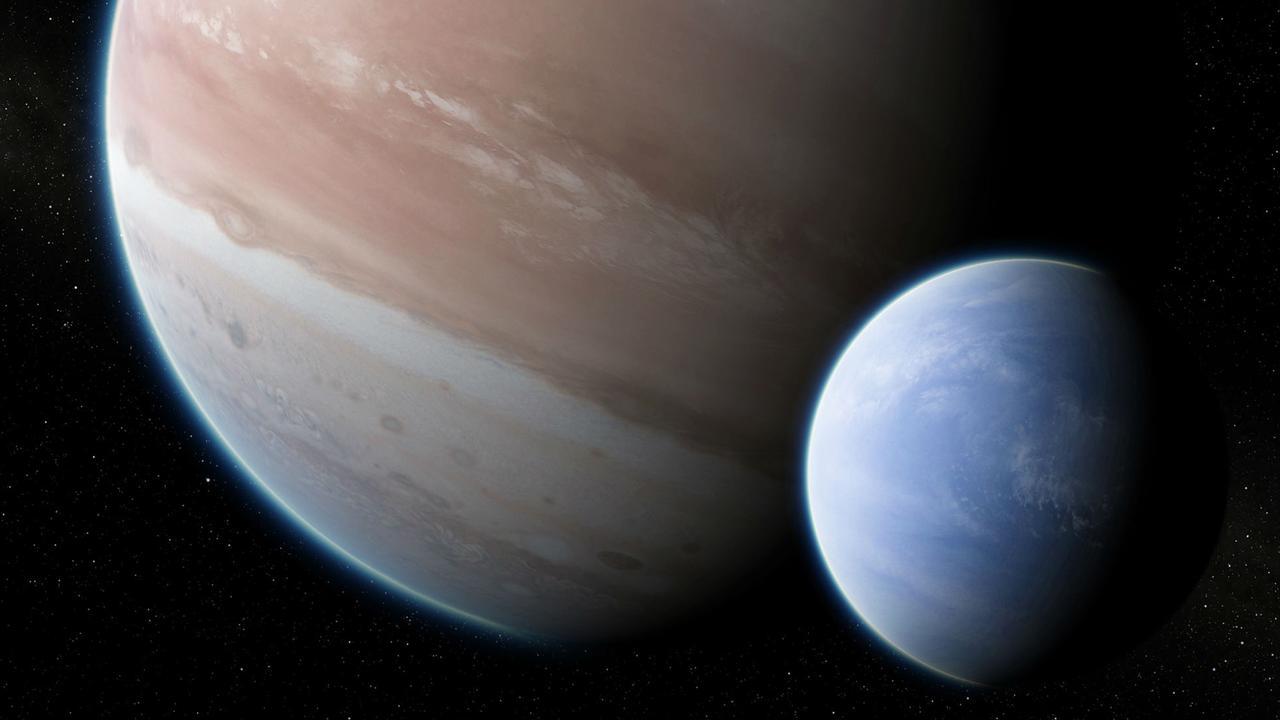Orphan planets are celestial bodies that are in space far from sight and do not orbit any of them. Scientists have found a scenario thanks to which life can exist on their moons like Enceladus and Europa.

Liquid water on planets
The ORIGINS international collaboration, which unites astrophysicists, astrobiologists and biochemists, recently has published an article in which it proves that liquid water can exist on the moons of orphan planets. And living beings can exist in this water.
It is liquid water that is considered the basis of life, as biochemical processes take place in it. In the Solar System, the conditions of its existence on the surface of the planet exist only on Earth. It is located in the so-called “habitable zone”, where the intensity of the rays from the star maintains the required temperature range.
Accordingly, until now, scientists have mainly been looking for extraterrestrial life in the “habitable zones” of other stars. Although even in our solar system there are places where it can exist without sufficient heating by the light of the star. We are talking about the moons of giant planets.
Water on the moons of giant planets
It is reliably known that oceans exist under the ice of Jupiter’s moon Europa and Saturn’s moon Enceladus. Maybe they are on other similar bodies. Sunlight, which is extremely weak in the systems of giant planets, is not able to melt the light. But the tidal forces deforming the moon can.
The innermost heat is believed to provide the possibility of existence of life in the oceans under the ice. In a new study, scientists have proved that for the existence of such conditions, the light of a star is not needed at all. And this gives hope that liquid water can exist on the moons of orphan planets.
Orphan Planets
Orphan planets are celestial bodies that are smaller than brown dwarfs, but are not tied to any particular star. Some of them were once thrown out of their own star systems. But most were simply formed alone and, as a result, never knew what sunlight was.
But tidal forces still act on their moons. And this gives scientists hope that oceans full of life can exist on these celestial bodies, even in conditions of complete darkness, life can exist. However, most of the moons of orphan planets will have fairly small eccentricities.
But this means that only those worlds that are close to the orphan planet, which are the size of Jupiter, will be suitable for life. If these moons themselves are comparable to Earth, then volcanic activity at the bottom of the oceans is quite capable of creating conditions suitable for the existence of life.
According to phys.org
Follow us on Twitter to get the most interesting space news in time
https://twitter.com/ust_magazine

